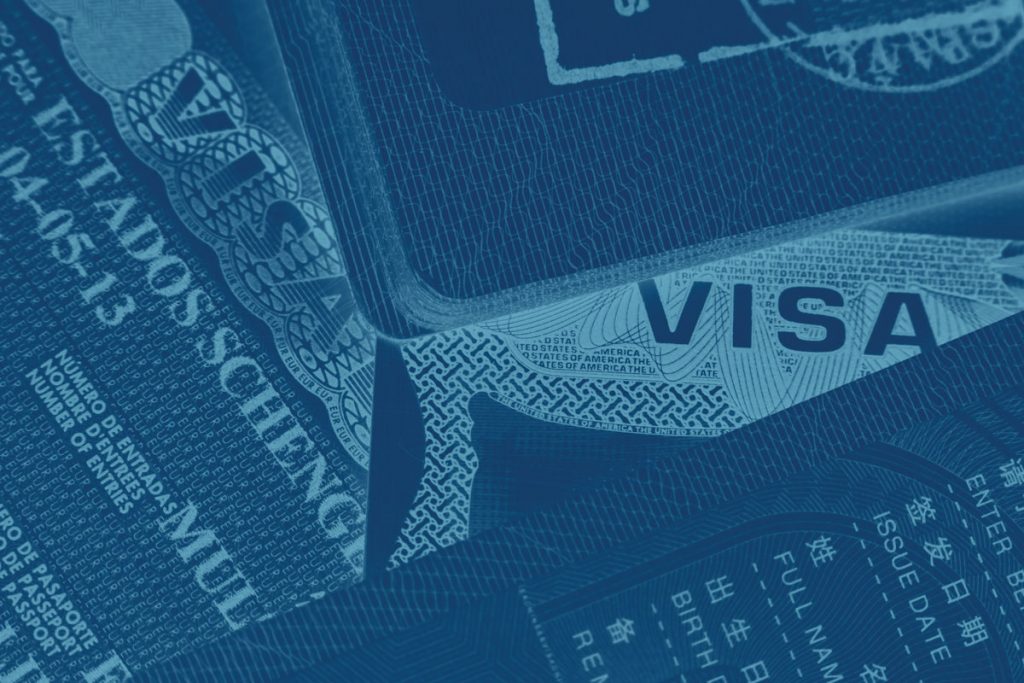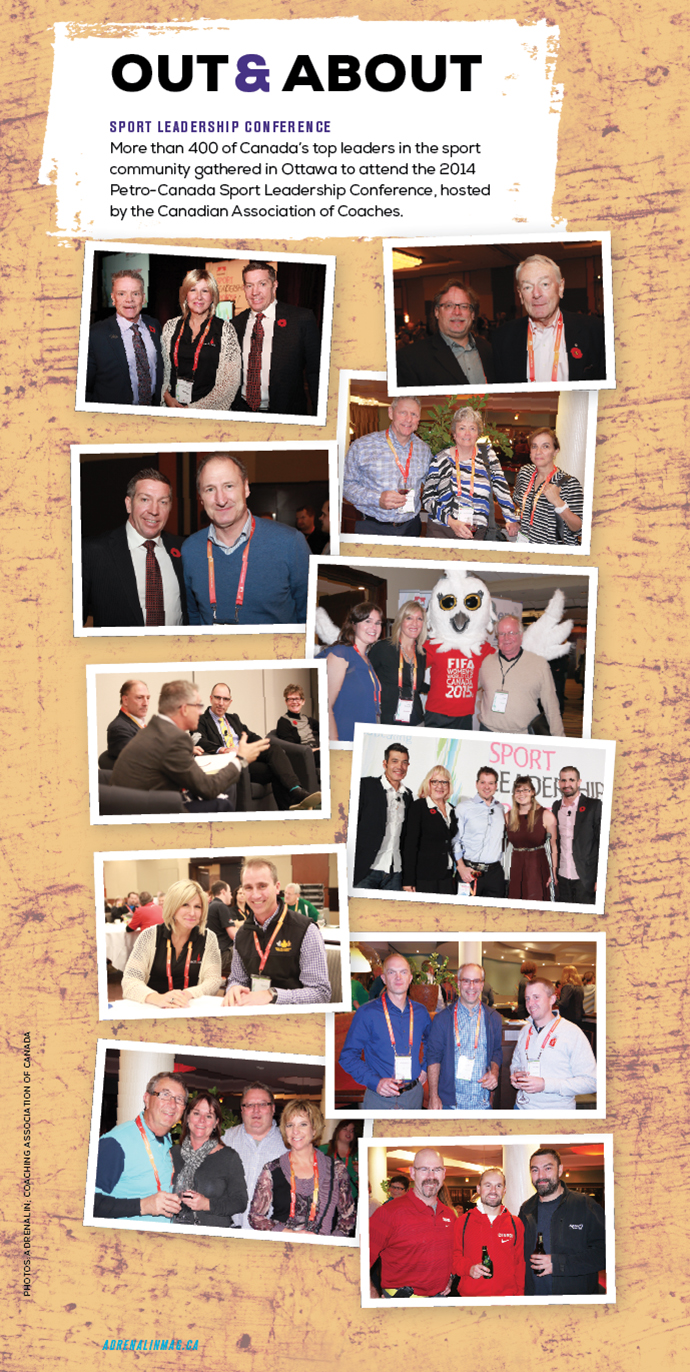
Political defections during international sport events are more common than you might think. Here’s what to do if visiting athletes or coaches go missing from your event.
By Wendy Helfenbaum
For some elite athletes, international competitions held in Canada aren’t simply a chance to snag a gold medal; they represent an opportunity to escape persecution, oppression or discrimination in their home country. Talk to any Canadian sporting organization rep and they’ll likely tell you about someone—a visiting athlete or coach—who mysteriously disappeared just before or during the event.
During the 2015 Toronto Pan American / Parapan American Games, for example, four Cuban rowers defected to the United States at a border crossing located close to the St. Catharines, Ont., rowing venue. When the rowers failed to show up for their competitions, Games organizers called their Integrated Security Unit—comprised of local police authorities and the RCMP—and the matter was turned over to federal officials.
In fact, political defections during large international events are so common today that many host countries and organizing committees expect and plan for them, says Richard Kurland, an immigration lawyer and policy analyst in Vancouver.
“More often than not, international sporting events with more than 2,000 attendees will have at least one claimant,” says Kurland.
As an event organizer, where does your responsibility and liability begin and end? How can host countries anticipate and plan for potential missing participants? Under what circumstances, when and to whom do you report a missing person?
Advance planning
Several months before the event, establish contact with local immigration enforcement offices at the Canada Border Services Agency (CBSA), suggests Kurland.
“Here in Canada, there are working groups assigned to international sporting events within CBSA,” he explains. “They have processes in place, so work with them to ensure you’re meeting their standards: give them your dates, ask what they need from you, and they’ll take it from there.”
Once you’ve registered your international event with the CBSA, you’re connected with a regional coordinator, adds Jason Robinson, an associate with the Sport Law & Strategy Group in Toronto who specializes in risk management.
“You’ll have an ongoing dialogue with the CBSA before your event, and that’s advantageous because if a defection occurs you’re able to connect with your coordinator quickly and act as a conduit between the [visiting] team and the CBSA to help [them] resolve the matter,” he says.
Robinson also suggests connecting in advance with local embassies corresponding to the home countries of your visiting athletes, along with the governing bodies for each sport in those countries.
Know when to call in the pros
If a visiting athlete or coach skips a practice, how long should organizers wait before reacting? Kurland says organizers should understand where their responsibilities begin and end.
“You’re not the police, and your duties and obligations should be worked out with CBSA, so ask them: do they expect you to call anytime someone is more than 30 minutes, 10 hours or two days late?” says Kurland.
According to Kurland, anyone requiring a visa to enter the country is screened by Canada’s overseas visa issuance system, which keeps an eye out for potential defections.
“Once someone’s at the airport seeking entry to Canada, CBSA screens and watches. But once they’re inside Canada… we don’t put electronic ankle bracelets on international athletes for monitoring and control purposes. If someone’s going to jump, they’re going to jump.”
Robinson adds that you can’t prevent teams and athletes from exploring the city. “You’re not Big Brother; you’re responsible for hosting a safe event for participants, and for providing teams and visitors to Canada the necessary information to effectively cross the border and the general rules of the country.”
However, if you suspect a defection, the onus is on you to quickly report it once your team liaison alerts you, says Robinson.
“The host committee has to be a conduit between the team, the event and the local authorities,” Robinson explains. “So help those authorities establish a timeline: Identify coaches and team members who can help in tracking the individuals who have disappeared. And that channel of communication needs to be expedient.”



